What does a pro cyclist eat during races?

We’ve covered some of the best cycling apps, have talked about some pro cycling tips and how to train like a PRO cyclist, but there is one fundamentally important aspect of becoming the best cyclist you possibly can - nutrition.
And as always, we should start by saying there is no universal diet or meal plan for everybody, but there are some snacks that are proven and tested to be ‘’bulet-proof’’ as a great energizer or recovery booster.
So without further introduction, let’s take a look at what pro cyclists usually eat before, during or after races!
During extreme and long races like the Tour de France, cyclists consume A LOT of calories. Dr James Morton, Head of Nutrition for Team Sky (from 2019, Team Ineos) explains. “On average, Grand Tour riders ingest between 5000 and 8000 kcal per day.”
In such races it's hard to find the balance between under-fueling and over-fueling, as it’s hard to keep up with the amount of carbohydrate-rich meals every day during such races and sometimes eating too much of them can cause weight gain and cost victory.
Tour de France riders breakfast starts 3 hours before the race with a mix of carbohydrate options, including porridge, pasta, rice, quinoa, noodles, assorted breads, plus vegetable and fruit juices, coffee, smoothies. Additionally, they ensure high protein intake at breakfast through foods such as eggs, Greek yogurt and smoked salmon. Riders may have some carbohydrate snacks while travelling, such as bananas or protein bars. During the race, they will then refuel on a mix of homemade rice cakes and bespoke products including bars and gels.
As a snack on their way to the race cyclists might intake more carbohydrate and calories — typically, rice cakes with honey, raisin bread or a sports bar are consumed with fluid.
Solid foods consumed on the bike include small rolls with jam, rice cakes and energy bars, quick-to-consume gels — especially caffeinated ones.

Clearly, Tour de France diet is suitable only for such high intensity races, while on daily rides and trainings you could snack from this list:
⦁ Powered by the Peel: Bananas are snacks ready to roll; they are famous for their potassium and contain carbohydrates that may provide advantages to your muscles' ability to use the fuel efficiently. More fuel reaching your muscles means more pedal power for you.

⦁ Peanut Butter Jelly Time: PB&Js are perfect pocket fuel. The bread and jam provide carbohydrates and the peanut butter offers protein and fats. Allergic to peanuts? Try almond butter if you can tolerate tree nuts or sunflower butter if not. Swap a tortilla for bread to prevent having a squashed sandwich. Cut your sandwich into quarters and have one piece at 15- to 20-minute increments.

⦁ Trail Mix: Dried fruits and nuts are a concentrated source of carbohydrates. Dried apricots, prunes and raisins have the added benefit of potassium. Mix your favorite fruits with nuts and seeds to keep your body supplied with energy, vitamin E and magnesium. If you have a heavy sweat rate, you may want to choose salted nuts and seeds.

⦁ Water Works: In general, if you're planning to bike for an hour or less, water is the best way to stay hydrated. If you're going to be rolling for more than an hour, have a heavy sweat rate or the weather is exceptionally hot, consider having two bottles with you — one for water and one for a sports drink. You may purchase a sports drink for the sake of convenience, but making your own with black or green iced tea, a splash of juice, some sugar and a pinch of salt is easy and provides an added antioxidant boost. Take sips of fluid often to maintain hydration and alternate between the two drinks if packing both.

⦁ Energy Bars: While energy bars are convenient, they also can be expensive. If you would prefer energy bars, look for one that has ingredients such as whole grains, dried fruits and nuts.

⦁ The sweet-spot: If you want a quick carbohydrate hit but would rather eat “real” food instead of gels or gummies, these stroopwafels, made of two paper-thin waffles sandwiched with caramel, fit the bill.

⦁ Spice things up: Since most of us are looking for quick energy, most cycling snacks are sweet, but for those savoury protein carvings we’d suggest opting for dried beef jerky - good source of protein and salt!

⦁ Off the pan: Who says pancakes can only be eaten fresh off the skillet? The beauty of these carb staples is that they can be made with a variety of different flours, oats, and mix-ins to suit your dietary needs. Try sandwiching two with peanut butter, honey, and thin banana slices for a fun twist on the classic sandwich.

⦁ DIY energy balls: The key components of a perfect mid-ride snack are carbohydrates, protein, fat, and salt for lasting energy and stamina. While there are lots of pre-made energy balls out there, it’s fun and easy to make DIY bites with your own favorite nuts, seeds, powders, and dried fruits. Find recipe inspiration here, then stick a few in a sandwich bag before hitting the road.

⦁ Veggie wrap: Here’s another snack idea for the real-food fans: tortilla wraps filled with an assortment of starchy veggies, steamed potatoes, and proteins like hummus, chicken, or bacon. One of our editors swears by a mix of sweet potatoes and bacon spiked with Sriracha sauce and wrapped in a tortilla.

After completing a long trek, your recovery and readiness for the next ride depend on your post-ride food choices. Research indicates that having recovery fuel within 30 to 60 minutes after exercise is ideal. What is best? A small meal that contains a mix of carbohydrates, protein and fats, as well as a glass of water. One good option is a parfait of plain low-fat yogurt layered with cubes of cantaloupe and sprinkled with nuts.
Hope this blog did raise your appetite for a good ride with even better snacks!
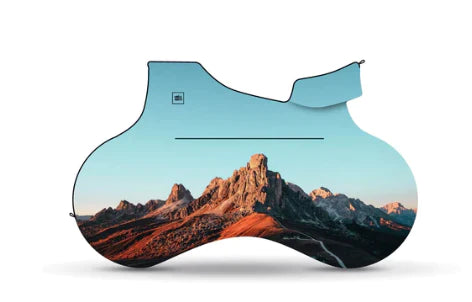

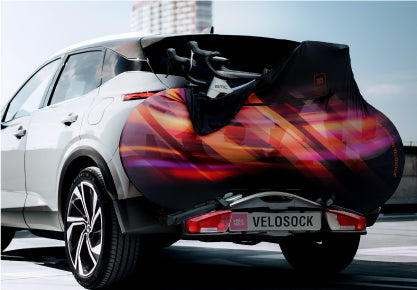
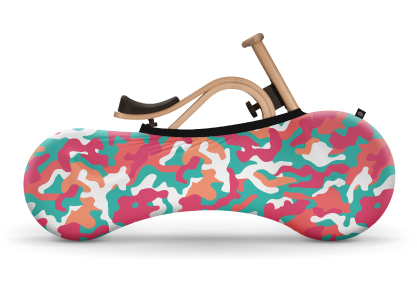
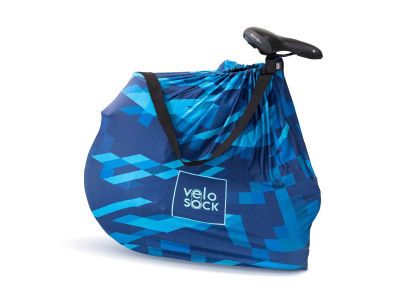


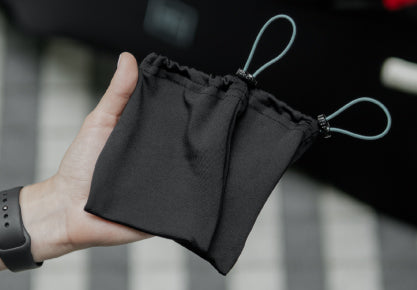
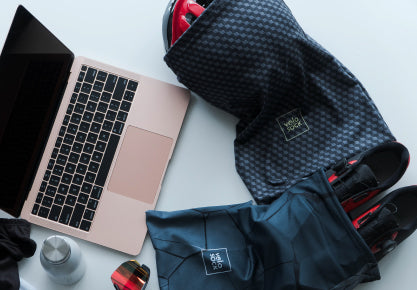
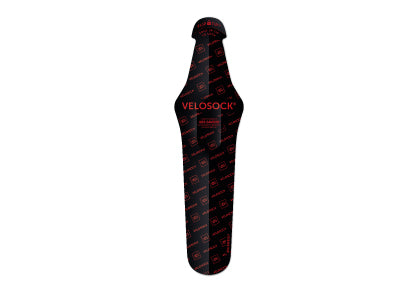
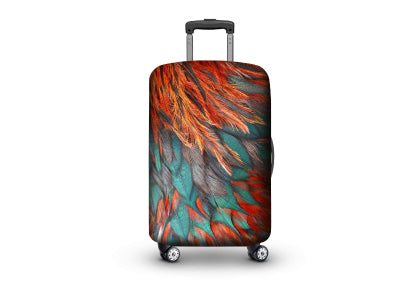




Leave a comment